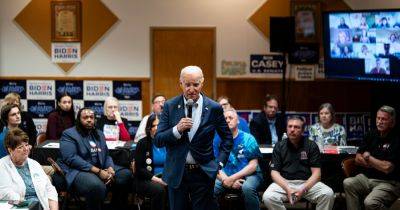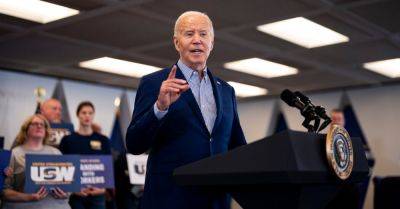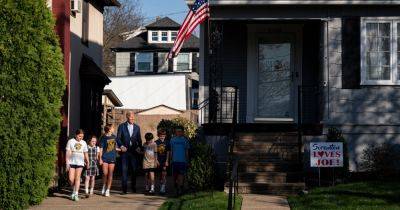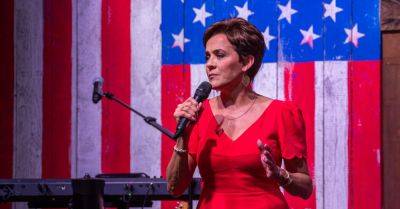How Voters Describe the 2024 Election in One Word
It’s no secret that many voters are not looking forward to the election in November.
A New York Times/Siena College poll from February found that 19 percent of voters held an unfavorable view of both President Biden and former President Donald J. Trump. And 29 percent of Americans believe that neither candidate would be a good president, according to a March poll from Gallup.
At the same time, the prospect of a new president is exciting for many, and nearly half of Republican primary voters are enthusiastic with Mr. Trump as their nominee, the Times/Siena poll found. About a quarter of Democratic primary voters said the same about Mr. Biden.
Those findings are broad measures of an issue Americans have complex feelings on. To dig a little deeper, we asked respondents in that Times/Siena poll to summarize their feelings about the upcoming rematch in just one word.
We received hundreds of distinct responses from a representative sample of more than 900 registered voters across the country. We combined responses like “anxious,” “apprehensive,” “concerned” and “worried” into a category we labeled “scared”; responses under the umbrella of “excited” and “hopeful” became “happy.” “Disappointed,” “annoyed” and “frustrated” were classified as “angry.”
About a third of voters gave responses indicating anger, disappointment or resignation. And nearly as many respondents — 30 percent — replied with words indicating that they were scared or apprehensive.







